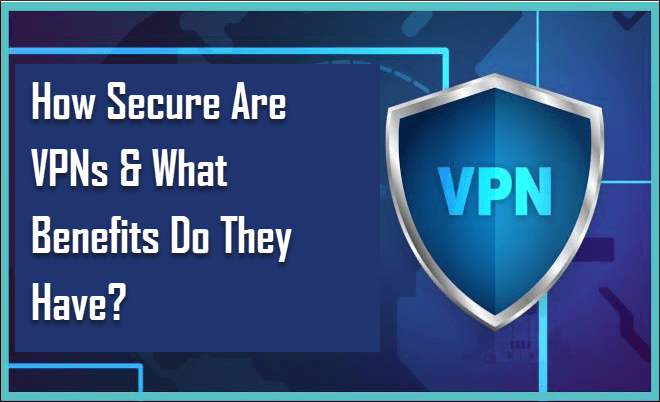Trading cryptocurrencies such as Bitcoin or Ethereum can be a risky business, not just due to the volatility of the markets, but also due to the security within the trading and storage system. As opposed to regular banking, hardly any safeguards exist to protect your investments should something go wrong. This means, if you are subject to a hack or just some kind of human error, there wouldn’t be any authority to appeal to in order to get things fixed.
One of the ways to help secure your transactions and storage is to use a VPN (virtual private network), such as the ones reviewed by diebestenvpn, and protect your internet connection from people looking to snoop into see what they might find.
What are Cryptocurrencies?
A cryptocurrency is a decentralized virtual currency that lives online or in hardware wallets. Transactions on these are verified on the blockchain on an open ledger by various entities and so are difficult (almost impossible) to fake or game.
Pitfalls in trading and holding crypto.
There isn’t an overarching authority that regulates crypto, so it needs to be ensured that investments are protected personally from hackers and malware attacks. These kinds of attacks are a real risk and they occur often and indiscriminately because if they do find and access your online wallet, there would be no one to appeal to, and that coin would be gone. Even large companies are not immune to them. So, trusting an external party such as an exchange to hold onto your coin is not always a good idea. Hiding your IP address and your device location can go some way to keeping your identity safe from hackers. So next time when you are thinking of getting into a Bogged Limit Orders transaction, you should use a VPN.
Private keys and protecting your wallet.
Online wallets are protected by private keys. This can be a double-edged sword. Though it may seem secure, if anyone gets hold of your private key, they would potentially have access to your wallet. This feature is available when you do your crypto trading on swyftx.com. Since most exchanges now require KYC (Know Your Customer) and Anti Money Laundering (AML) verification protocol for compliance purposes, bad actors could in theory trace your location or IP and know your identity. Using a VPN would help in hiding your real-time location and internet history, resulting in greater online anonymity. Trading and accessing currency becomes more secure due to the inherent encryption of the VPN as it routes your traffic and data via an external server before connecting to the exchange or wallet. Even though most crypto exchanges already use end to end encryption, a VPN would add an additional layer of security to this.
The value of “No Logs” and “Kill Switches”.
These are two important elements to consider in a VPN when trading crypto. “No Logs” means that the VPN will not store your browsing/streaming data or search history. A VPN with such a guarantee ensures that they will not sell this information to a third party, which may often be the business model of a free VPN. “Kill Switches” will automatically disconnect you from the websites or platforms you are visiting if the VPN connection drops. This means that you do not accidentally carry on browsing in an unsecured, unencrypted or non-anonymized mode. Both these features are vital in protecting your online privacy.[adsense]
Circumventing Geo-restrictions.
Some countries, most notably India, do not yet allow crypto investment and trading. A VPN would allow you to bypass this geographical constraint by accessing the exchanges through a server based in a different country. It would seem as though your IP is from that country, and would allow you to trade freely in restricted countries. You would also not leave an online trail. So, overall using a VPN when dealing with Crypto is a worthwhile extra layer of security for a very risk asset.



